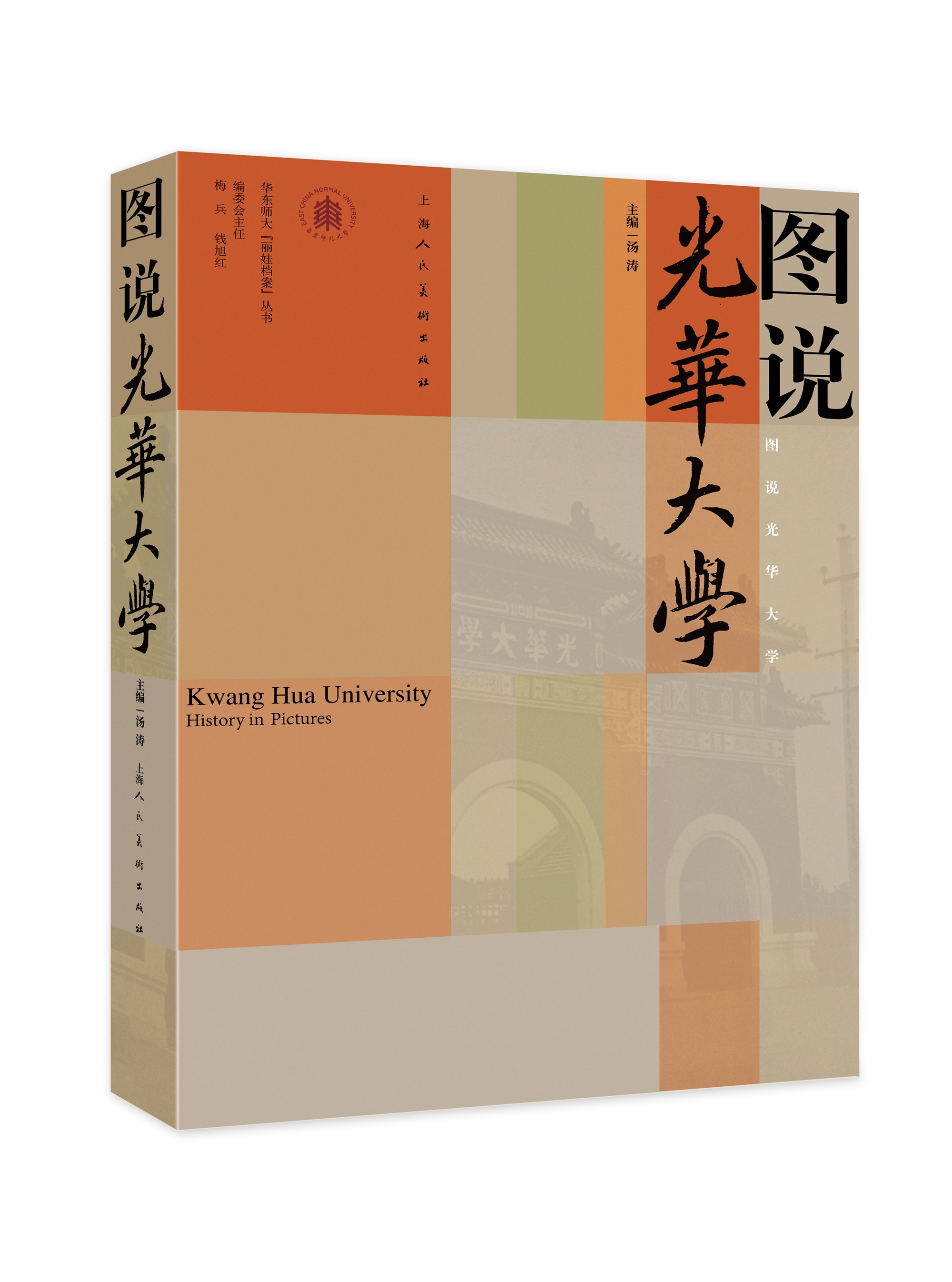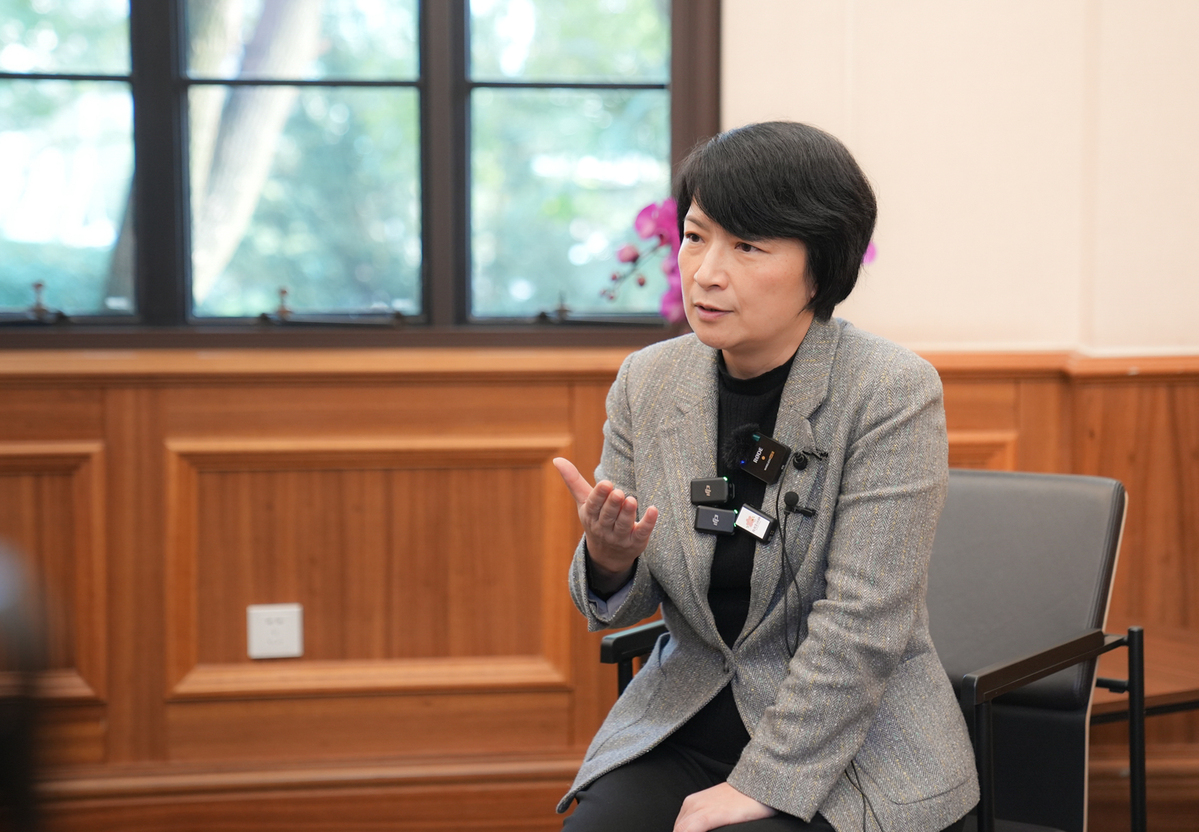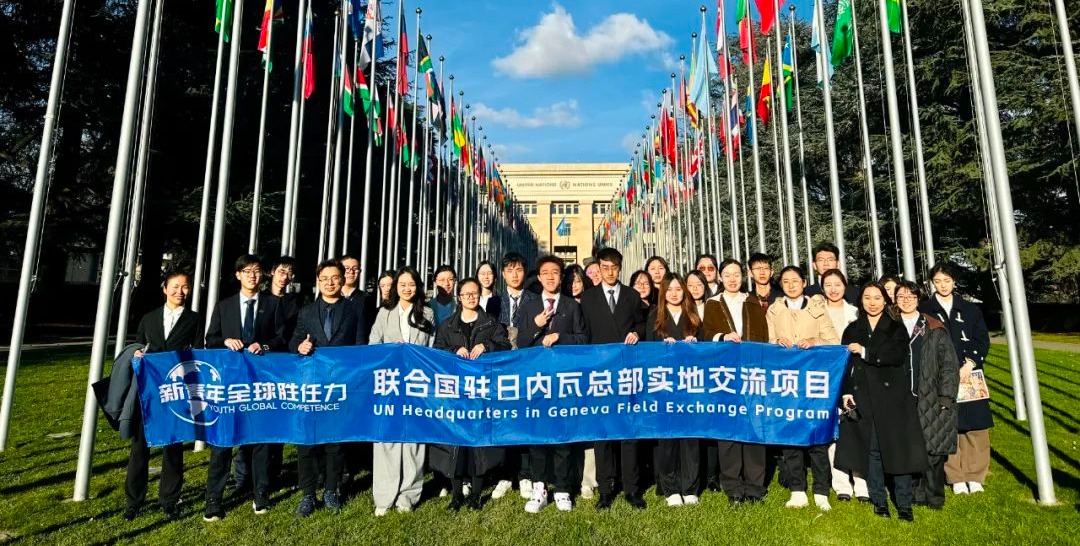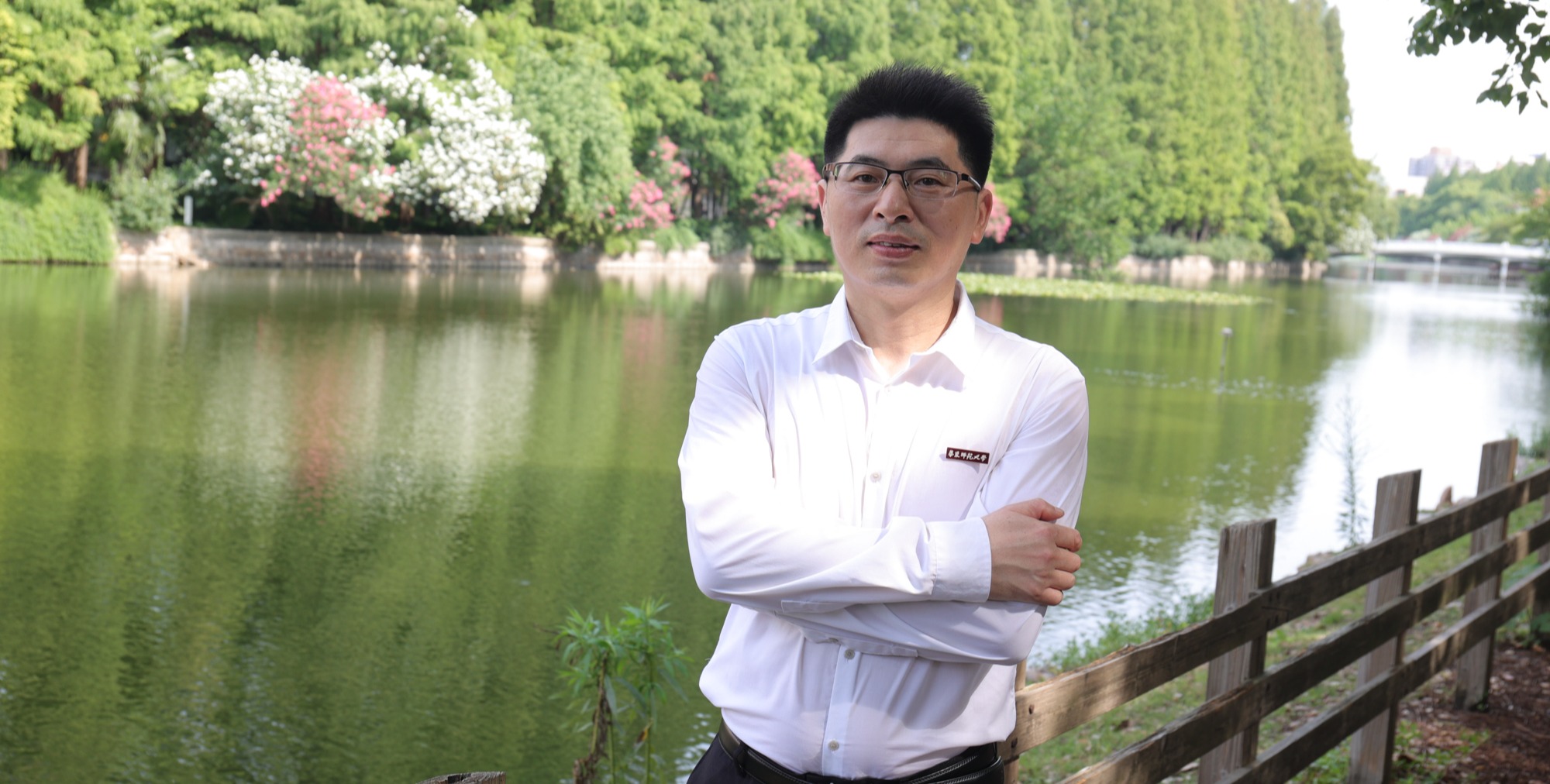International Symposium on Curriculum Assessment Reform was held at ECNU from November 6th to 8th. Its theme was “To promote the professionalization of the curriculum assessment and evaluation in China. Six internationally renowned experts in this field and over two hundred dedicated scholars in China were all invited to attend it. They went into discussion on five topics such as the professionalization of the entrance examination to colleges and senior high schools, quality assessment of students’ performance, test design and assessment, improved evaluation rubrics on classroom teaching, and developmental classroom learning.
On the symposium, Professor Cui Yunhuo, director of our Research Institute of Curriculum and Teaching, made an academic report titled “Teaching-Improvement Oriented Classroom Assessment in LICC Mode. Associate Professor Yang Xiangdong made another report titled “Some Metrological Issues in Large-scale Measurement”.
As for the exam assessment principles, Ma Shiye, director of the Examination Centre of Ministry of Education made a report on “Exploring and Looking forward to the Assessment of Examination”. Lei Xinyong, vice chairman of Shanghai Examination Institute made another report titled “Basic Problems and Reflections on Attainment Level Examination in China”.
Moreover, Professor Wim J. Vander of Twente University in the Netherlands made a brilliant report on the theory and practice of the accountability and evaluation system in middle schools of the U.S.. Special Consultant Xiang Bo Wang made a report on curriculum and examination assessment systems. Professor Huahua Chang of University of Illinois (Urbana-Champaign Campus) pointed out in his report that there were some experiences in NAEP could be used in China. And Professor Geoff Masters of Melbourne University in Australia made a report on modern education assessment systems.
To sum up, many experts made a speech in the symposium, including Wim J Vander Linden, Geoff Masters, Huahua Chang, Xiang Bo Wang,and ACT senior expert Xiaohong Gao.



















